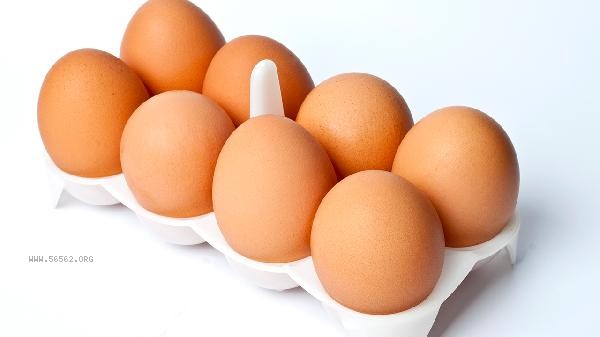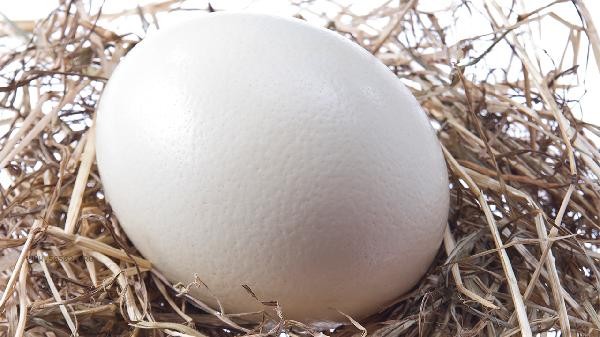Excessive protein intake may indeed lead to elevated levels of urea nitrogen. Urea nitrogen is the final product of protein metabolism, and its numerical abnormalities are mainly related to factors such as high protein diet, dehydration, and renal dysfunction. It needs to be comprehensively judged based on specific indicators.

1. High protein diet: When the daily protein intake exceeds 1.5 grams per kilogram of body weight, the ammonia produced by the liver's protein breakdown will be converted into urea nitrogen. People who exercise or consume ketogenic diets often experience transient increases in urea nitrogen, which can often be restored to normal after adjusting their dietary structure.
2. Dehydration state: When there is insufficient body fluid, blood concentration can lead to a false increase in urea nitrogen. After high-intensity exercise, if water is not replenished in a timely manner, diarrhea and vomiting may occur, and the urea nitrogen value may deviate from the normal range, which needs to be confirmed through fluid replacement re examination.
3. Abnormal renal function:
Patients with chronic kidney disease have decreased glomerular filtration rate and impaired urea nitrogen excretion. This group of people may experience symptoms such as synchronous increase in creatinine and decrease in urine output, and further examination of urine routine and renal ultrasound is needed.
4. gastrointestinal bleeding:

When there is upper gastrointestinal bleeding, blood proteins are absorbed in large amounts in the intestine, and the production of urea nitrogen increases after metabolism by the liver. May be accompanied by symptoms such as black stool and decreased hemoglobin, requiring gastroscopy examination.
5. Drug factors:
Corticosteroids, tetracycline antibiotics, and other drugs may interfere with protein metabolism. Long term users of these medications should regularly monitor liver and kidney function to avoid the effects of a high protein diet.
It is recommended to maintain a balanced diet in daily life. The recommended daily protein intake for ordinary adults is 0.8-1.2 grams per kilogram of body weight, with priority given to high-quality protein such as fish and soy products. Timely supplement electrolyte water after exercise, and limit animal protein intake for those with renal dysfunction. When an increase in urea nitrogen is detected during a physical examination, renal function should be rechecked and checked for persistent protein intake to avoid excessive reliance on supplements such as protein powder. It is recommended to monitor renal function indicators every 3-6 months for elderly people and patients with chronic diseases.










Comments (0)
Leave a Comment
No comments yet
Be the first to share your thoughts!